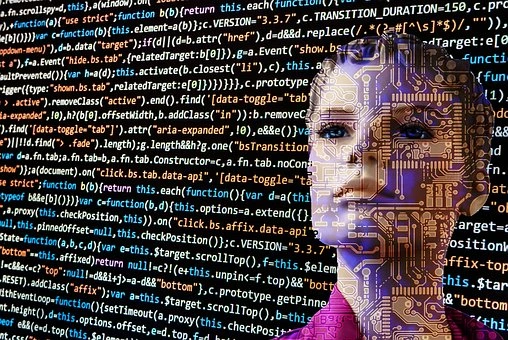The emergence of AutoGPT, BabyAGI, and Jarvis marks the beginning of a new era in autonomous agents, and these technologies are causing major disruptions in the field of AI.

The emergence of AutoGPT, BabyAGI, and Jarvis signals a new era of autonomous agents that have the potential to disrupt various industries and impact millions of lives. Although AI technology has always been capable of performing incredible feats, the recent pace of research and development has been unprecedented. After the success of ChatGPT, attention has turned to autonomous agents like AutoGPT and BabyAGI, which can create, prioritize, and complete tasks without human intervention.
Despite sounding like something out of a futuristic sci-fi movie, the development and experimentation of autonomous agents is happening right now. The potential impact of this technology is immense, and there is a growing interest in exploring its possibilities. However, developing autonomous agents requires deep knowledge of AI, computer science, and software engineering.
Autonomous agents have the ability to access the internet, control computers, access financial information, and offer opinions and summaries. They can take on various shapes and sizes and can operate in both open and behind-the-scenes roles, raising ethical concerns. BabyAGI and AutoGPT are two examples of autonomous agents, with BabyAGI being a program that can perform tasks without instructions and AutoGPT being a fully autonomous experiment using GPT-4. Other examples include AgentGPT, Godmode, Microsoft Jarvis, and CAMEL.
As autonomous agents become increasingly prevalent, ethical considerations need to be taken into account to ensure their safe development and implementation. Addressing legal and regulatory issues, managing their complexity, and ensuring their safety are potential roadblocks to their widespread use. Despite these challenges, the future of autonomous agents is promising, and they are expected to transform industries and touch millions of lives.

